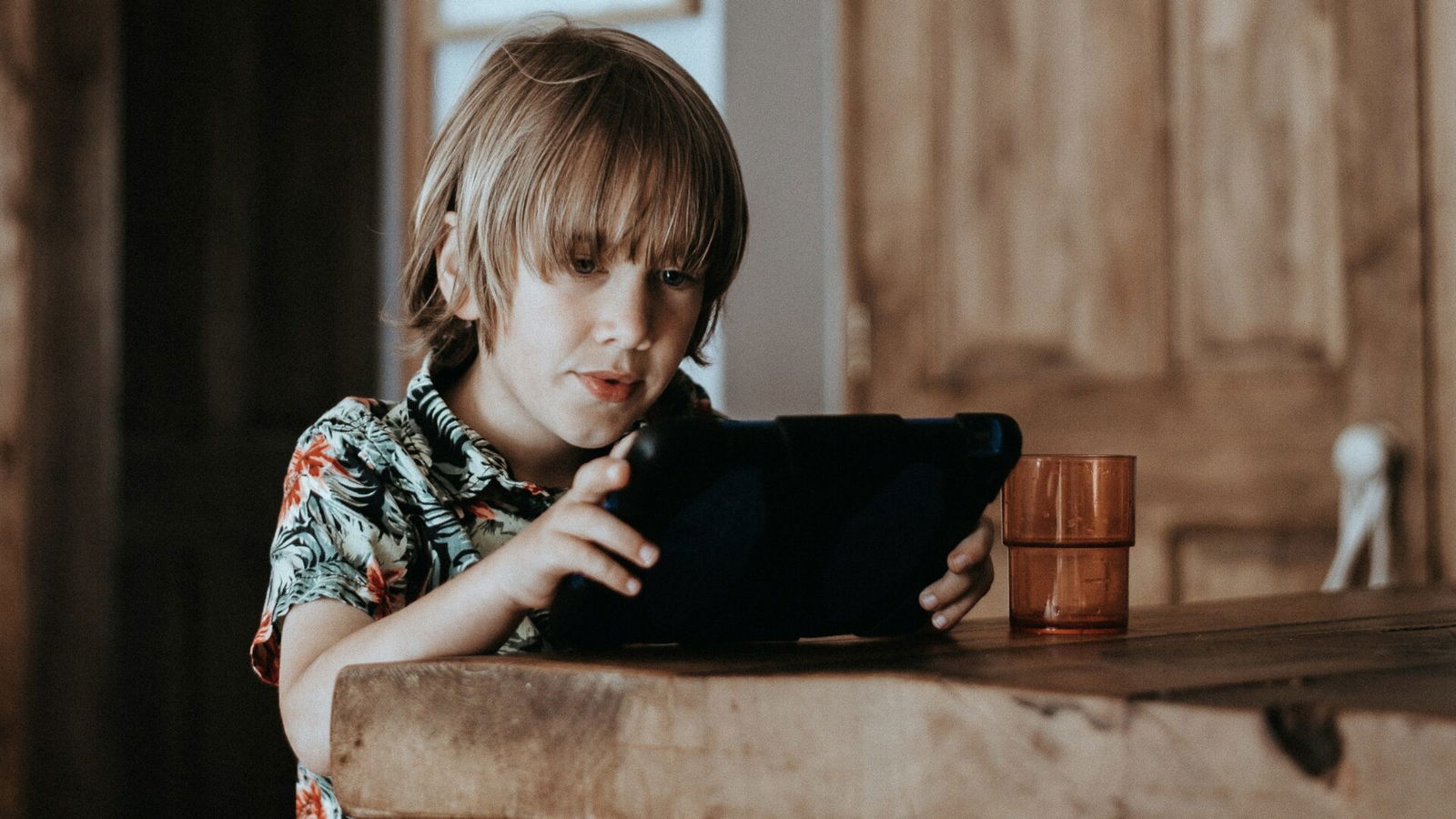
Is TV Better for Our Kids Than iPads?
By Movieguide® Contributor
Child psychology experts are beginning to advise parents that if they are not cutting their kids off of their screens, they should at least move them to TVs rather than portable technology.
“iPads have a limitless selection of things to watch and games to play, in comparison to live TV,” counselor Georgia Sturmer told HuffPost UK. “When we are offering our children a limitless array of entertainment that they can absorb, there is a risk involved.”
“When there’s always something to do or watch on an iPad, it can quickly become an addictive way to spend time. This can make it harder for children to engage with the world around them and to want to step away from [tech],” she continued.
Katherine Schwarzenegger Pratt, wife of actor Chris Pratt, uses this rule with her kids, too.
“Holding something in their hand gives them a false sense of control,” she explained. “If you can watch something [on TV], it’s not only better for their eyes, for their posture and for their minds, but it also allows there to be separation and also family.”
Beyond being less addictive because there is a finite amount of content available on TV at any given time, experts also explain that parents are better able to regulate the content their children consume.
“Compared to a TV, we have far less control over devices and over the content that is on them,” said Dr. Charlotte Armitage, a psychologist and psychotherapist. “When you combine this with the accessibility and portability of these devices, as opposed to a TV which is static on a wall, it creates a huge problem.”
“In addition, the content on devices is of a different format, often short form rather than long form content, even apps which are designed for children can be problematic,” she continued. “These apps and short form videos are designed to encourage engagement and keep the user glued to the screen, they do this by feeding the user content that they believe the user wants and they do this rapidly to keep attention.”
Features like “auto-play (videos play automatically after each other), suggestions for ‘related’ videos, and rewards (for example, a sparkly rainbow appears after a child reaches a new level of a game)” could make it harder for your kids to turn off their iPad versus interacting with content on a TV, Jacqueline Nesi, an assistant professor at Brown University, explained.
Experts, however, maintain that no screentime is good, per se, just that some screentime is better than others. Furthermore, parents should encourage their children to follow healthy screen habits, which are best taught through how the adults around them interact with technology.
Movieguide® previously reported on screen time:
As children’s increasing addiction to cell phones continues to affect their physical and mental health, parents are looking for ways to limit their kids’ screen time.
The American Psychological Association released a study on the effects cell phone and social media use has on young people, pointing to a “hypersensitivity to social feedback,” damage to relationship-building skills, “underdeveloped impulse control” and harm to a healthy sleep schedule.
“By early 2024, few meaningful changes to social media platforms had been enacted by industry, and no federal policies had been adopted,” the APA noted. “There remains a need for social media companies to make fundamental changes to their platforms.”
This information is even more worrying following the findings of a study from the University of California-San Francisco that “found that 12- to 13-year-old children in the United States doubled their non-school-related screen time to 7.7 hours a day in May 2020, compared to 3.8 hours a day before the pandemic.”
Questions or comments? Please write to us here.


 – Content:
– Content: 
